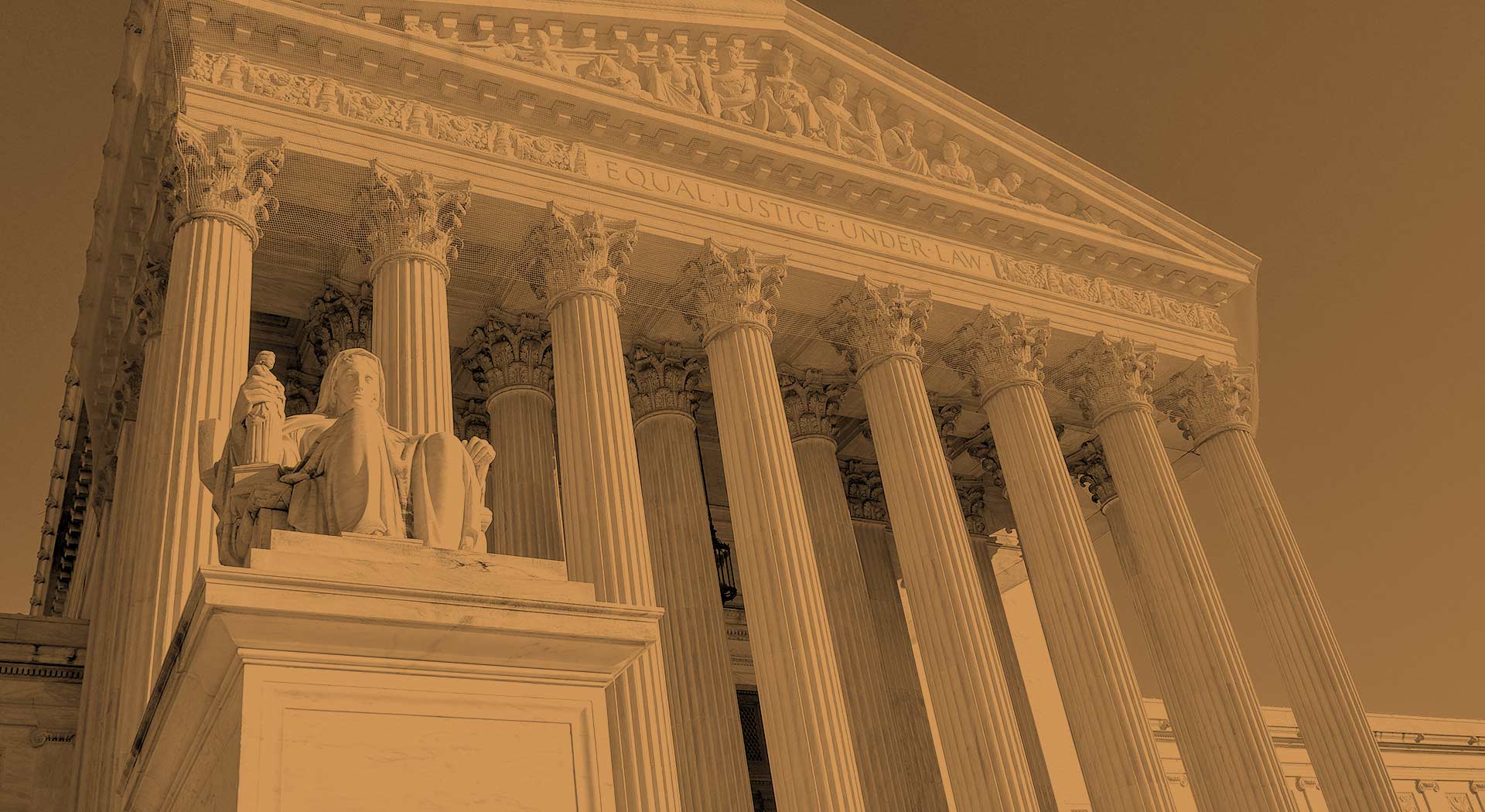Navigating Social Media: A Guide to Online Privacy

Social media use is constantly on the rise as app developers create fresh ways to share your life with friends and family. However, oversharing on these platforms can come at a cost. The larger the digital footprint you leave behind, the more issues you will have protecting your data and privacy.
Social media privacy is a concern due to the sheer amount of sensitive information others can learn about you from your online accounts. This information can be shared by you, or it can be shared without your knowledge, such as when your data is sold by a company. In this blog post, the New Jersey legal experts at Garrity Graham will discuss how to maintain the integrity of your online privacy while still enjoying the many benefits of social media technology.
Dangers of Oversharing
Oversharing is the act of disclosing too much personal information online, which can put your data at risk and open the door for bad actors to take advantage. If they get ahold of your personal information, your email, bank accounts, and identity could be at risk. The following are some social media privacy concerns that can lead to legal issues.
Data Mining
Scammers don’t need much information to steal your identity. Often, identity theft begins with the publicly available information found on social media. Scammers can take usernames, addresses, email addresses, and phone numbers to target users with phishing scams, or find more information, such as leaked passwords and credit card numbers.
Location Sharing
Social media sites tend to have location sharing turned on by default. Your location can show up on both your photos and posts. This data can be used by stalkers, scammers, and thieves.
Privacy Loopholes
Social media companies regularly update their policies and features, which can lead to a lapse in privacy. Also, posts you share privately with your friends can be shared
publicly without your permission, and if your friends’ accounts aren’t private, information you share to their pages can be accessed by anyone.
Cyberbullying
Social media can be a source of bullying, which causes emotional distress and, in some cases, physical harm. Cyberbullies may exploit details you provide to bully, threaten, or harass you online and in some cases offline.
Doxxing, a form of cyberbullying, is when bad actors share your personal information, such as addresses and phone numbers, online in order to do harm. These people then encourage their followers to harass whoever they doxx.
Reputational Damage
While most social media accounts are for personal use, employers use social media to research potential hires, and in many cases have chosen not to hire someone. Inappropriate images or comments, divisive viewpoints, and unethical conduct can harm your reputation and impact future opportunities.
Thirty-party Apps
Many third-party apps allow you to login using a social media login. This can expose your information to companies that might not have the best digital security.
Malware and Viruses
Scammers will send public accounts malicious links via direct message that deliver malware, which can slow down computers, attack users with ads, or steal sensitive data.
Tips To Protect Your Information
Think carefully about opening a new social media account and be sure to understand the unique risks of joining each platform. Below are tips to help keep your social media profiles secure.
- Use strong passwords and two-factor authentication.
- Don’t use public devices. But if necessary, remember to log out when finished using a shared device.
- Don’t click on suspicious links.
- Disable geolocation data in the privacy and security settings on your phone.
- Review privacy policies of the site prior to signing up for an account.
- Don’t overshare. Only provide the minimum amount of information required to create a social media account.
- Review privacy settings and your account to private.
- Be aware of the latest online scams.
Conclusion
As a leading New Jersey law firm and one that uses social media, Garrity Graham takes online privacy seriously. Maintaining client privacy and attorney-client privilege is at the top of our minds any time we navigate the social media landscape. We will never post sensitive client information on these public platforms.
Keep in mind, any information shared on social media will not be protected by attorney-client privilege, so it is important to refrain from discussing your legal details online. As for your daily social media use, follow our tips on protecting your information and your sensitive data will be safer.
If you have any questions about social media management and online privacy, get in touch with Garrity Graham by calling 973-509-7500 or using our contact form.

